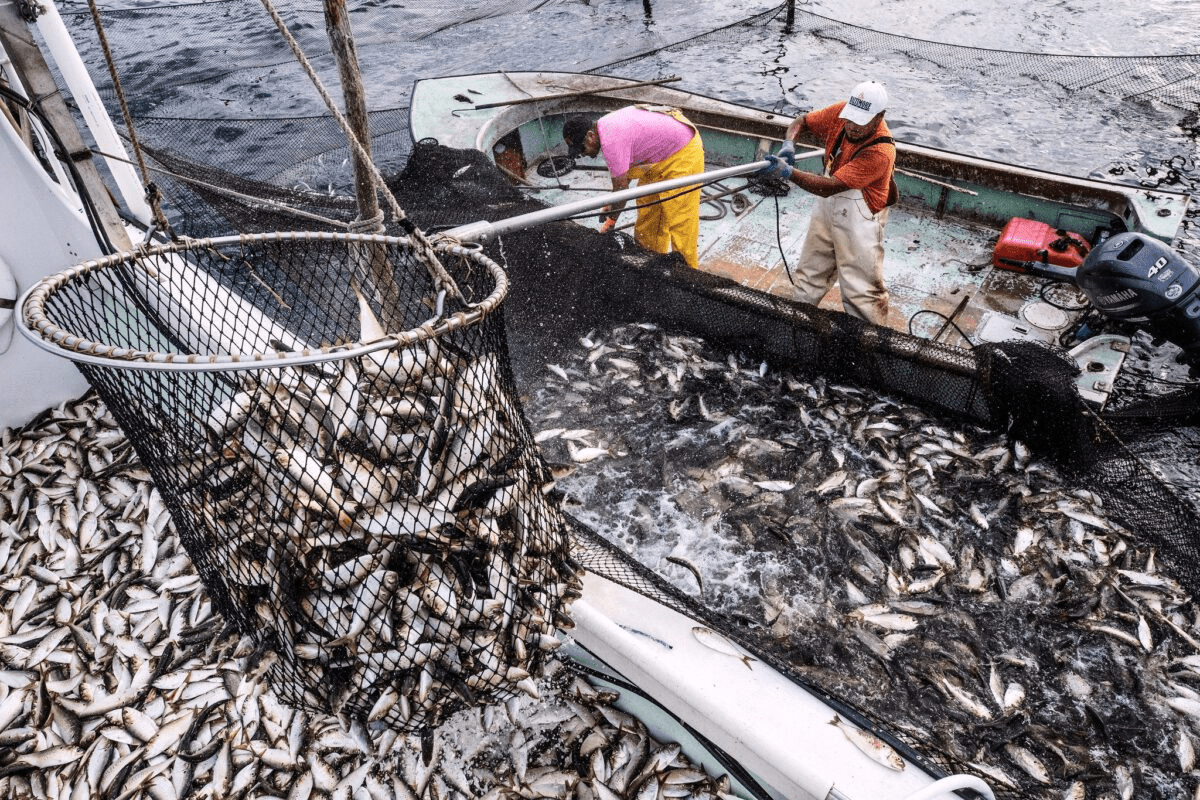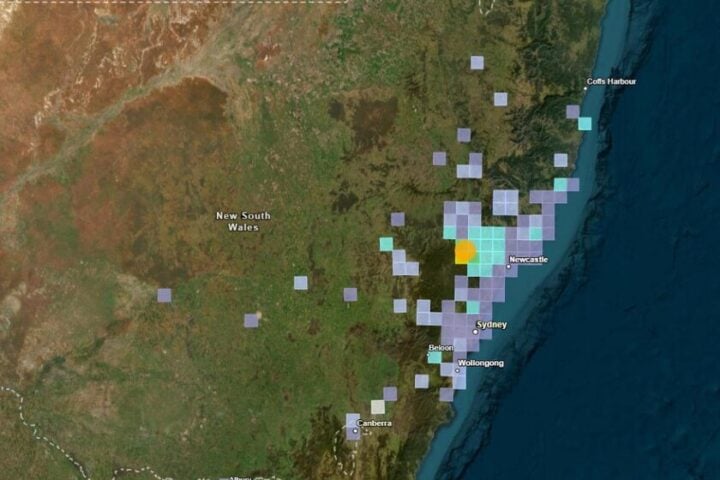Since 2001, WTO members have been negotiating international regulations to reduce damaging fishing subsidies. WTO Director-General Ngozi Okonjo-Iweala recently highlighted the issue’s increasing importance by saying, “Let’s try and get it done. Twenty-one years is too much time.
Fish populations are in danger of extinction owing to the climate crisis & overexploitation in many regions of the world, according to statistics from the UN Food and Agriculture Organization. Compared to 10 percent in 1974, it is estimated that 34% of world stocks are overfished, which means they are being exploited at a rate too fast for the fish population to breed and repopulate. Communities that depend on captured fisheries for their livelihood and food security are at risk due to declining fish populations, threatening to make poverty the new normal. Low fish populations should, in principle, result in increased time and expense associated with fishing. To the detriment of marine life, governmental support, which is estimated to vary from USD 14 billion to USD 54 billion annually globally, allows many fishing fleets to operate farther and longer at sea.
According to the UN Food and Agriculture Organization, the proportion of fish stocks deemed to be within biologically sustainable limits has decreased from 90% in 1990 to 66% in 2017.
Since 2001, the WTO’s Negotiating Group on Rules has been working on establishing fisheries subsidies regulations; in 2005, the group expanded the scope of its negotiating mission. The UN Sustainable Development Goals (SDGs), adopted by world leaders in September 2015, and the negotiating mandate established at the 11th WTO Ministerial Conference (MC11) in 2017 give the negotiations a fresh feeling of urgency.
Colombian Ambassador Santiago Wills was chosen to lead the discussions as of November 2019. Upon entering office on March 1, 2021, Director-General Ngozi Okonjo-Iweala designated the resolution of the fisheries subsidy discussions as a priority for MC12. In a virtual meeting on July 15, 2021, ministers reaffirmed their commitment to concluding discussions and gave delegations instructions to develop an Agreement on Fisheries Subsidies with as little ambiguity as possible.

















